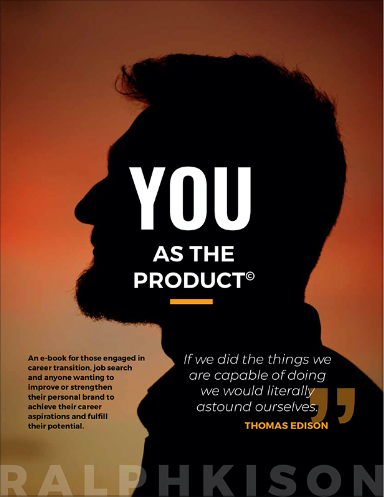Here we go again – a New Year, a fresh start, this year will be different. We’re filled with optimism and high hopes for greater success, better relationships, more money, weight loss, etc. You know the list of the usual suspects. It is estimated that 90% of resolutions are not achieved, maintained or realized. Resolutions are typically focused on what we don’t want to do, have or are trying to avoid. They are generally rooted in the past, instead of focusing on future success. Ergo, New Year’s resolutions generally don’t work.
Try this instead:
Define your preferred future. Rather than concentrate on what you don’t want, focus on new horizons that are filled with possibilities and opportunities for you to grow and expand your abilities and acquire new skills and knowledge. Commit to stretch and grow. You can’t shrink your way to greatness. Focus on the outcomes that are realistic and sustainable and linked to strategic personal or business objectives.
Apply these concepts for your personal or professional life in 2013:
1. Start with a positive outcome. Resolutions should be focused on strategic, success driven goals for professional and personal success. Don’t get tangled up by confusing tactics with goals. Set realistic goals supported by specific steps to achieve the target and then resolve to make those objectives a reality. Stating you will lose 20 lbs, exercise more or improve your sales closing ratio all sound noble but don’t get you one inch closer to achieving your resolutions. Take a positive approach by making lifestyle changes and adopting healthier eating habits to lose the extra pounds. Identify specific skills or resources you need to improve your sales performance. If your closing rate is poor evaluate how you are executing the sales process. Do you have a consistent approach you apply? Start by carefully and objectively assess prospects and sales leads to ensure they are ready, willing and able to buy.
2. Learn from the past. What are your top 3 successes from 2012? Once you define them reflect on why and how they were achieved. Did you determine to achieve a goal, acquire a new habit or stop a negative or destructive one? Did you focus on applying your strengths or talents in a new manner that lead to success rather than trying to compensate for, or overcome a weakness? Don’t dwell on the past – learn from it. Check your blind spot by getting a close friend, colleague or family member to provide you with honest, critical yet supportive feedback and perspective on what you have done that sets you up for failure. Also give them permission to recommend what they believe will be the thing that moves you forward. Be sure to have an open mind as you may hear what you need to hear but don’t want to hear. And don’t forget to list your success and achievements. By focusing on what made you successful or helped you achieve goals in the past you may discover that when you play to your natural strengths talents and abilities you are far more effective.
3. Understand your failures. Resolutions address what we failed to do or areas in which we procrastinated. Reflect on why you avoided certain things or didn’t do them well. What kept you from investing the time and energy in specific activities relative to achieving success? Was there a negative habit or pattern that you are trapped in that resulted in not achieving your full potential? Are you held back by fear of failure? Can you identify what has changed personally or professionally that will enable you to overcome past failures or identify new approaches to deal with unavoidable requirements or responsibilities? If you can’t get rid of the issue you will have to find a way to deal with it. Remember the well-known saying that reminds us, “If you do what you’ve always done, you’ll get what you’ve always gotten.”
Establishing New Year’s resolutions is certainly a great idea, however taking a more thoughtful and strategic approach to achieve your goals will yield longer lasting and more significant results.
To your success!


Recent Comments